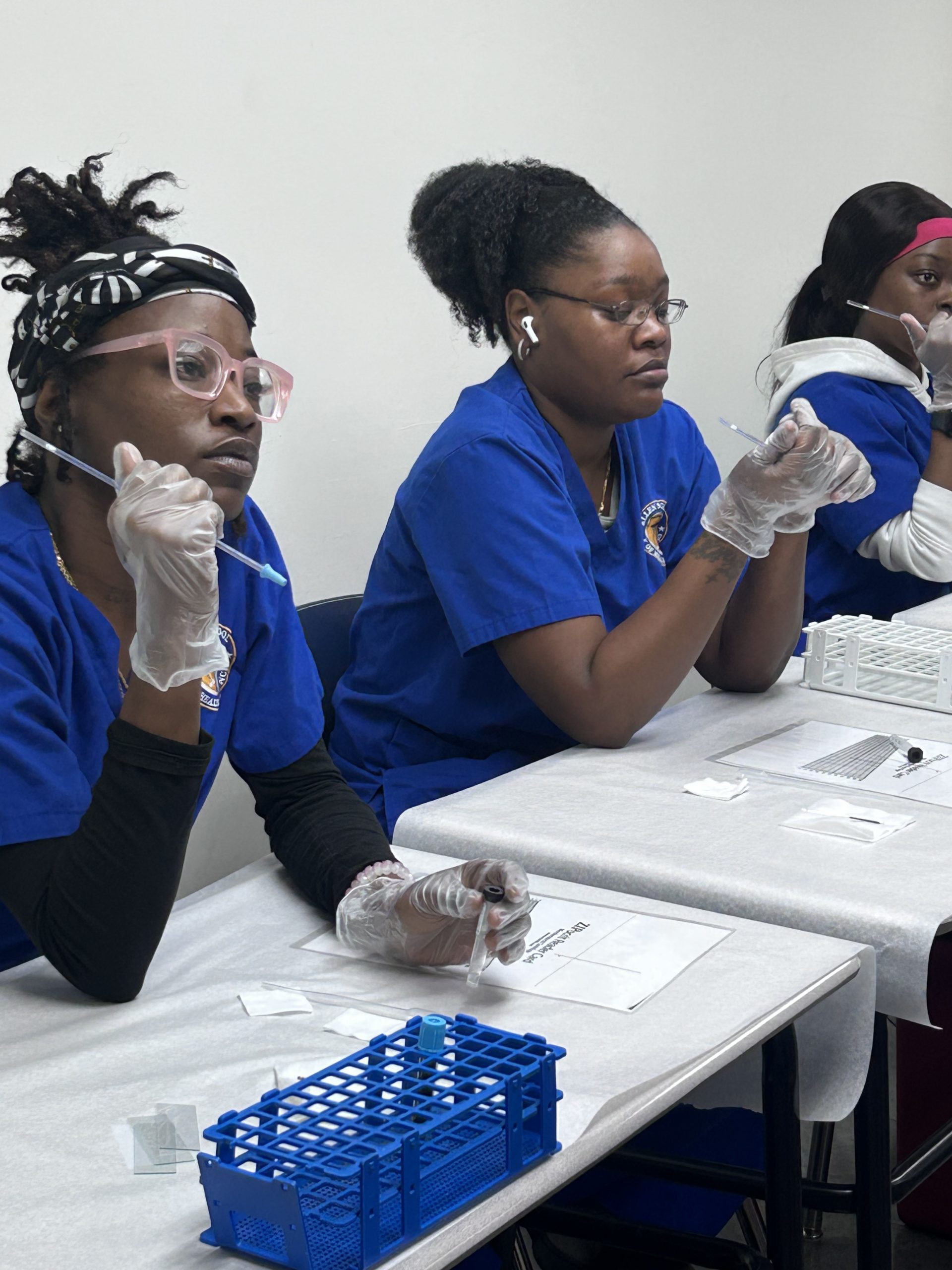
Quality education in a medical assistant program is crucial for several reasons:
• Competency and Skills Development: Medical assistants perform a variety of clinical and administrative tasks, including taking patient histories, assisting with examinations, and managing medical records. A quality education ensures that students acquire the necessary skills and knowledge to perform these tasks competently and safely.
• Patient Safety: Medical assistants often serve as the first point of contact for patients. A well-trained medical assistant can significantly impact patient care and safety. Quality education helps ensure that they understand proper procedures, infection control, and patient confidentiality.
• Regulatory Compliance: Medical assistants must adhere to various healthcare regulations and standards. A quality program educates students about legal and ethical guidelines, helping to prevent malpractice and ensure compliance with health care laws.
• Career Readiness: Employers prefer graduates from accredited programs who have received comprehensive training. A quality education prepares students for the workforce by providing hands-on experience, internships, and exposure to real-world healthcare settings.
• Professional Development: The healthcare field is constantly evolving, with innovative technologies and practices emerging regularly. A strong educational foundation encourages lifelong learning and adaptability, helping medical assistants stay current with industry trends and advancements.
• Interpersonal Skills: Quality education also focuses on developing soft skills such as communication, empathy, and teamwork. These skills are essential for effectively interacting with patients and collaborating with healthcare professionals.
• Job Market Competitiveness: Graduates from accredited medical assistant programs are often more competitive in the job market. They are typically better prepared to handle the challenges of the role, making them more attractive to potential employers.
• Impact on Healthcare Delivery: Well-trained medical assistants contribute to the overall efficiency and effectiveness of healthcare delivery. Their role supports physicians and other healthcare providers, affecting the quality-of-care patients receive.
In summary, quality education in a medical assistant program is vital for ensuring that graduates are competent, confident, and capable of providing high-quality support in healthcare settings. This benefits not only the medical assistants themselves but also the patients they serve and the healthcare system. For over sixty years the Allen School of Health Sciences has assisted and trained thousands of people for their new careers in healthcare. We offer a hybrid program which combines an online interactive environment with hands-on learning in a clinical classroom. To learn more, contact the Allen School today! www.allenschool.edu
